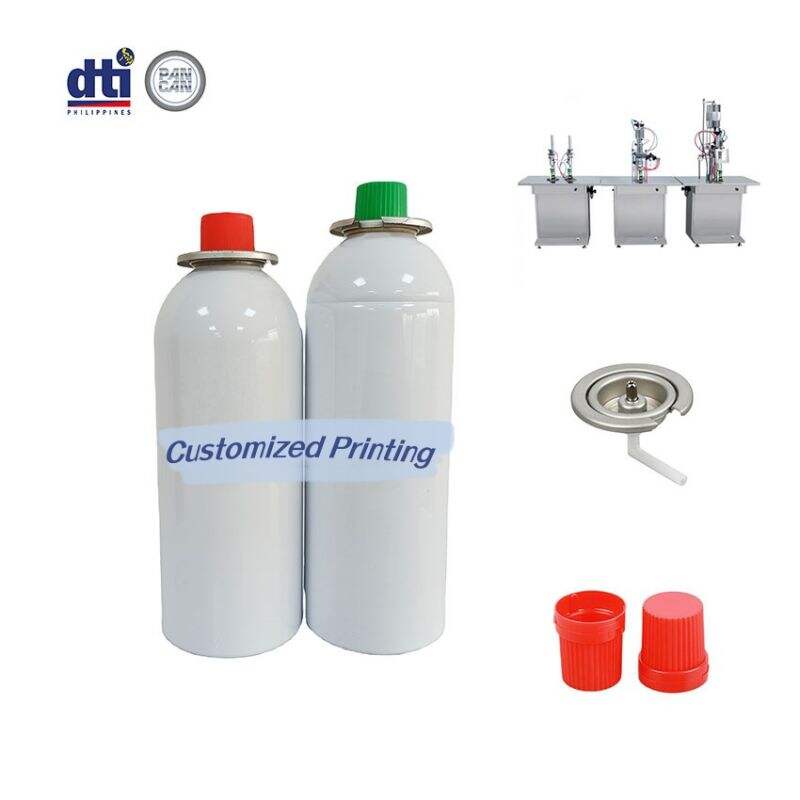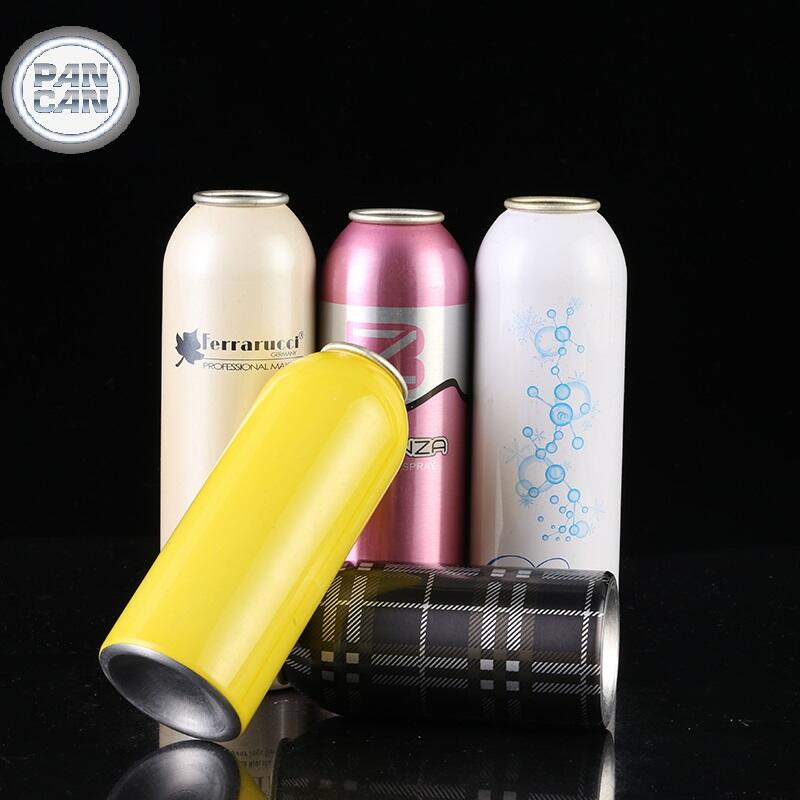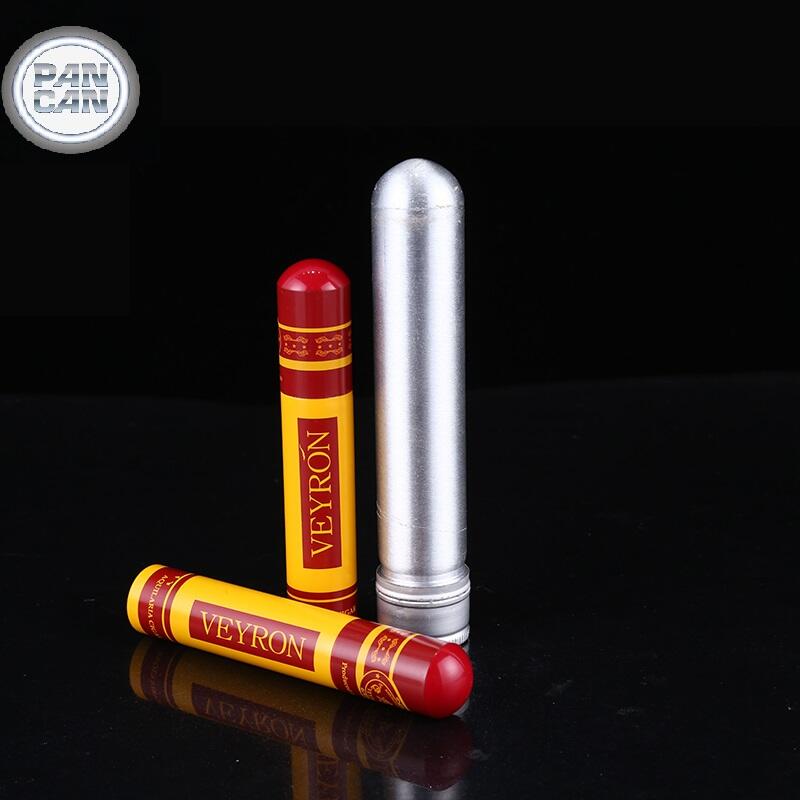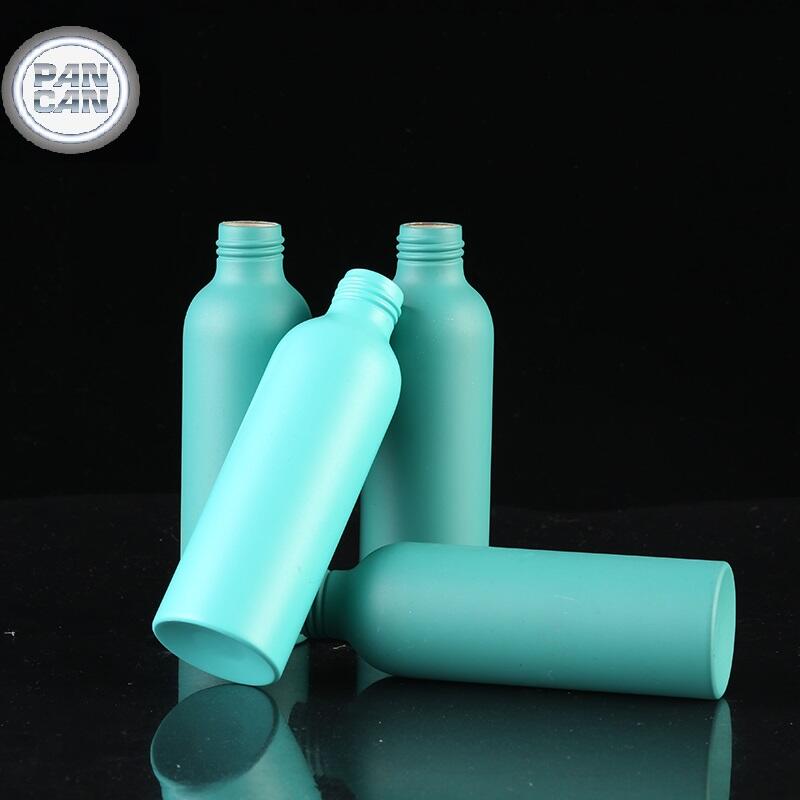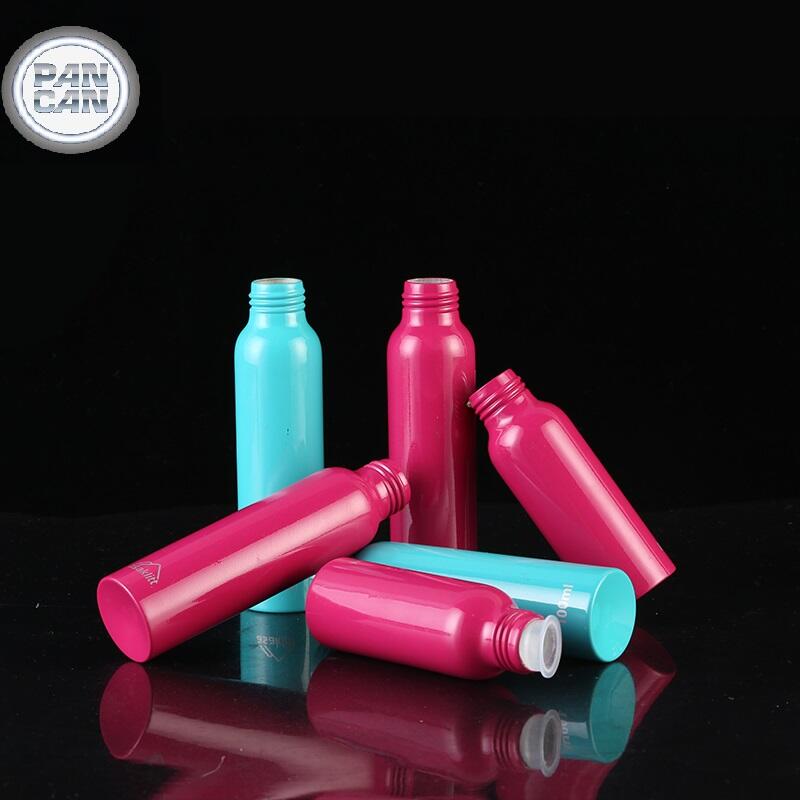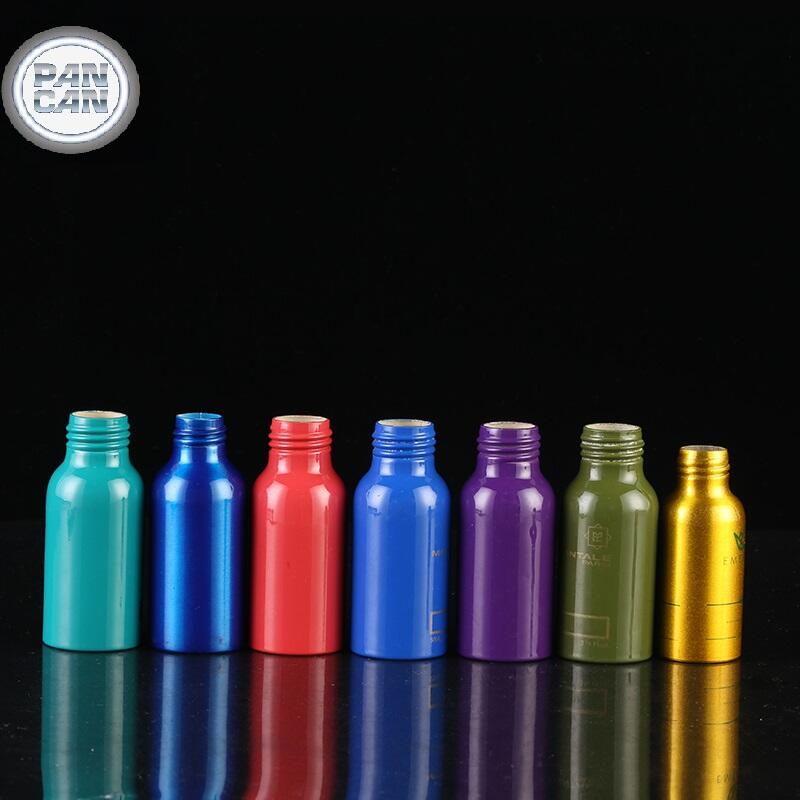butelki z recyklingu klasy spożywczej
Butelki recyklingowe przeznaczone do żywności to nowatorskie podejście do zrównoważonych rozwiązań w dziedzinie opakowań w przemyśle spożywczym i napojowym. Te innowacyjne pojemniki są produkowane z surowców wtórnych po konsumentach, które poddawane są rygorystycznym procesom oczyszczania, aby spełnić surowe normy bezpieczeństwa żywności. Technologia butelek recyklingowych przeznaczonych do żywności opiera się na zaawansowanych metodach recyklingu chemicznego, które rozkładają używane plastikowe butelki na ich składniki cząsteczkowe, usuwając zanieczyszczenia i domieszki, które mogłyby zagrozić bezpieczeństwu żywności. Ten wyrafinowany proces zapewnia, że materiał wtórny zachowuje taką samą jakość i standardy bezpieczeństwa jak tworzywo pierwotne. Główne funkcje butelek recyklingowych przeznaczonych do żywności obejmują zachowanie świeżości produktu, utrzymanie integralności smaku oraz ochronę barierową przed zewnętrznymi zanieczyszczeniami, jednocześnie znacząco redukując wpływ na środowisko. Butelki te charakteryzują się zwiększoną trwałością, odpornością na pęknięcia, uszkodzenia i odkształcenia w różnych warunkach przechowywania i transportu. Cechy technologiczne obejmują techniki wielowarstwowej konstrukcji, które optymalizują właściwości bariery przeciwko tlenowi, wilgoci i światłu. Zaawansowane procesy produkcyjne gwarantują jednolite rozłożenie grubości ścianek, co poprawia integralność strukturalną i niezawodność działania. Butelki recyklingowe przeznaczone do żywności znajdują szerokie zastosowanie w wielu branżach, w tym w napojach gazowanych, butelkowaniu wody, opakowaniach soków, produktach mlecznych, sosach oraz artykułach higieny osobistej. Uniwersalność tych pojemników czyni je odpowiednimi zarówno dla procesów napełniania na gorąco, jak i na zimno, dostosowując się do różnorodnych wymagań produktowych. Zakłady produkcyjne wykorzystują nowoczesne systemy kontroli jakości monitorujące każdy etap produkcji, zapewniając zgodność z przepisami FDA oraz międzynarodowymi standardami bezpieczeństwa żywności. Butelki poddawane są kompleksowym protokołom testowania, w tym testom migracji, ocenie sensorycznej i analizie chemicznej, aby zagwarantować bezpieczeństwo konsumentów. Te pojemniki wspierają zasadę gospodarki o obiegu zamkniętym, przekształcając odpady w wartościowe rozwiązania opakowaniowe, przyczyniając się do oszczędzania zasobów i redukcji odpadów.




